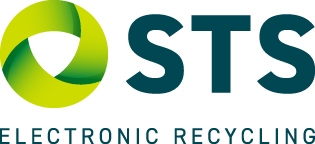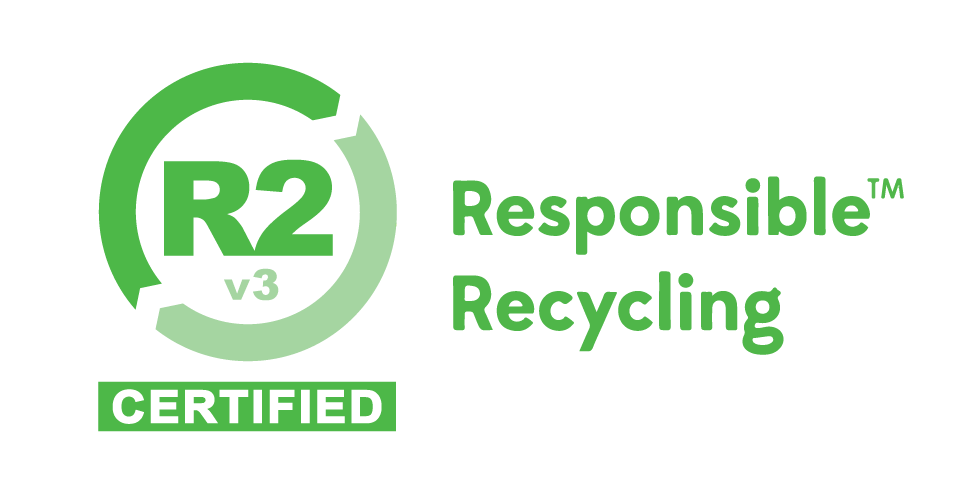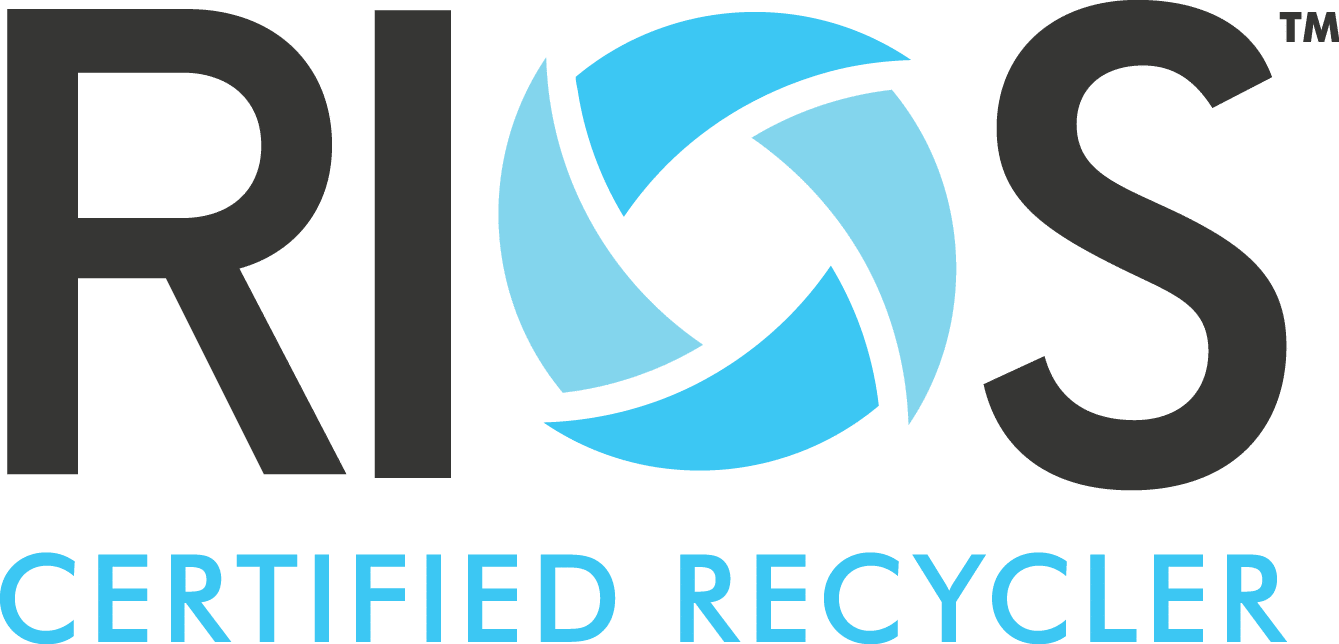The Never A Landfill Program
STS Electronic Recycling, Inc. The Power of Electronic Recycling

What is the Never A Landfill Program?
The Never A Landfill program is a free and voluntary electronics recycling compliance certification dedicated to promoting e-Waste Recycling and Awareness awarded by STS Electronic Recycling, Inc. to schools, businesses and government agencies who have pledged to recycle all electronics and e-waste, and to never send electronic waste to a landfill.
By participating, organizations like schools, businesses and government agencies can take a strong positions on e-Waste disposal, and at the same time make their communities aware that they are leading the way against the ongoing e-Waste crisis.
How to become a member?
Membership in the Never A Landfill Program is free and voluntary. Members certify that their electronics are recycled with a compliant recycler that never sends e-Waste to a landfill, and pledge to continue recycling their e-Waste with an emphasis on never sending e-Waste to a landfill. All STS Electronic Recycling customers are currently compliant with the Never A Landfill Program.
If you would like to become a member, contact us at josh@stsrecycle.com, there is also an contact form at the top of this page.
What are the benefits of membership?
Directory
Badge
Certificate
Why have a program like this?
E-Waste is a global crisis. The United Nation’s Global e-Waste Monitor reported in 2020 that 53.6 million metric tons (Mt) of e-Waste were generated in year 2019 (excluding PV Panels.)
That’s up more than 15% waste produced from 2014 levels, with an estimated 74.7 Million Metric Tons to be generated in 2030. Of the 53.6 Mt generated 2019, only 9.3 Mt were documented to have been collected and recycled or reused properly. The remaining 82.6% of the e-Waste generated in that time was likely collected but partially sent to landfills or outright left in the dump.
Once in the landfill, e-Waste begins leaching heavy metals, flame retardants and toxins directly into the top soil, contaminating the water table and underlying groundwater, effecting streams, lakes and crops. These metals include mercury, lithium, lead, barium, beryllium, arsenic, antimony and cadmium. Studies have consistently shown that electronic waste from devices like mobile phones, tablets and laptops contain toxins that are damaging to our environment and health. When you recycle your cell phone, computer or other electronic recycleables, you are helping to keep toxic elements out of landfills.
By participating in the Never A Landfill Program you help legitimize the efforts of everyone fighting this growing crisis. When your customers see the Never A Landfill certification, they know that your organization does not contribute to this crisis. More than that, they know that you are actively taking steps to stem the tide.
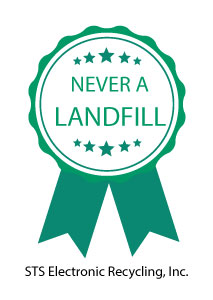
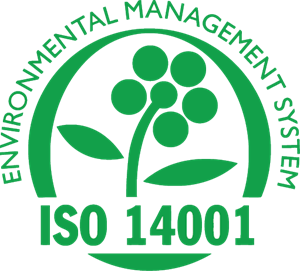


Why we care so much about electronics recycling
Electronics recycling is a crucial and growing issue in the United States and globally. The increasing use of electronic devices has led to a massive increase in electronic waste, or "e-waste", which is one of the fastest growing waste streams in the world. This growing problem of e-waste is having a significant impact on the environment and public health, making electronics recycling an increasingly important issue for businesses and individuals alike.
One of the main reasons why electronics recycling is becoming more important is due to the harmful materials that are contained in e-waste. Many electronic devices contain toxic substances, such as lead, mercury, and cadmium, that can contaminate the soil and groundwater if not disposed of properly. The environmental impact of these toxic materials is a serious concern, as they can have long-term effects on human health and the environment.
Another reason why electronics recycling is becoming more important is due to the finite nature of the resources used to manufacture electronic devices. Many electronic devices are made from rare earth metals, which are becoming increasingly scarce. This scarcity of resources is driving up the cost of new electronic devices and putting pressure on the environment as more mines are needed to extract these metals. By recycling electronics, we can conserve these valuable resources and reduce the environmental impact of mining for new materials.
Electronics recycling also has significant economic benefits. Recycling electronics creates jobs, generates revenue, and saves businesses money by reducing the need to purchase new raw materials. It also supports a circular economy, where resources are conserved and waste is reduced. By recycling their old electronics, businesses can benefit from these economic and environmental advantages, while also demonstrating their commitment to sustainability and corporate social responsibility.
Data security is another critical issue that makes electronics recycling increasingly important. With the rise of digital devices, the amount of sensitive information stored on these devices has increased dramatically. Computers, laptops, and mobile devices contain personal and financial information, business secrets, and other sensitive data that must be protected from unauthorized access. Proper recycling of these devices ensures that sensitive information is disposed of securely, reducing the risk of data breaches and protecting businesses and consumers from cybercrime.
Finally, electronics recycling is becoming more important for businesses due to the growing expectation of corporate social responsibility. Companies have a responsibility to protect the environment and promote sustainability, and recycling electronics is an effective way to demonstrate this commitment. Many consumers and stakeholders are increasingly demanding that companies take steps to reduce their environmental impact and promote sustainability, and electronics recycling is one way that businesses can meet this expectation.
In conclusion, electronics recycling is becoming increasingly important as e-waste grows, natural resources become scarce, data security becomes more critical, and businesses face growing expectations of corporate social responsibility. Recycling electronics has significant environmental, economic, and social benefits, and it is essential that businesses and individuals alike take steps to recycle their old electronics and help to reduce the impact of e-waste on the environment and public health.
